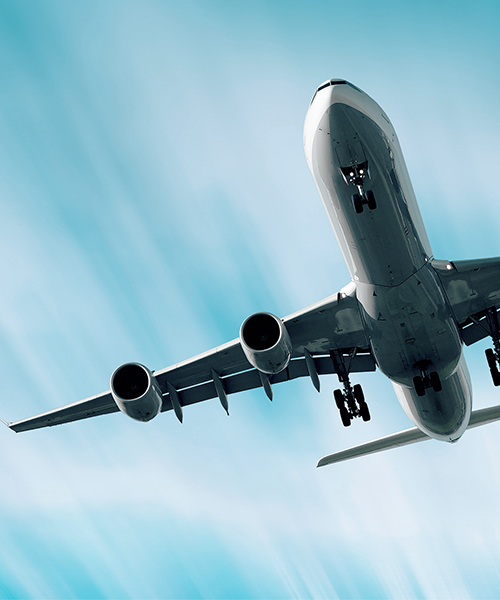September 24, 2025 • 2 min read
Sufficient SAF feedstock available, but tech rollout is key to net zero
New IATA study with Worley Consulting finds deployment pace, not supply, is the key challenge to decarbonizing aviation.
Worley Consulting, in collaboration with the International Air Transport Association (IATA), has published a study confirming that feedstock availability is not the main barrier in achieving net zero aviation – the real challenge lies in accelerating the rollout of sustainable aviation fuel (SAF) technologies and diversifying production pathways.
Worley Consulting conducted a feedstock assessment at a regional level, developing a robust data set and delivering actionable analysis of feedstock availability across all SAF pathways. The study provided:
- clear visibility into realistic SAF feedstock availability by region
- technology assessments across all SAF pathways, including technology and commercial readiness
- a review of the current regulatory environment
- regional profiling to identify challenges relating to scalability, economics and markets.
“The report highlights the local and regional opportunities for SAF production to create jobs, stimulate economies and support energy security goals. Governments, energy producers, investors, and the aviation sector must work together, de-risk investment, and accelerate rollout,” said Marie Owens Thomsen, IATA’s Senior Vice President Sustainability and Chief Economist.
“Policy certainty and cross-sector collaboration are essential to unlock the scale we need. The time to act is now – delays will only make the challenge harder.”
Key report findings
- There are sufficient sustainable feedstocks and SAF production technologies to decarbonize aviation and meet the net zero carbon emissions goal by 2050.
- With the right policies and investments, more than 300 Mt of SAF from biomass feedstocks could be produced annually by mid-century and around 200 Mt from e‑SAF.
“We understand that SAF production is complicated, there are multiple production pathways at varying levels of technical and commercial maturity, each requiring different feedstocks and supply chains,” said Nicola Knight, Director of Low Carbon, Worley Consulting.
“Meeting net zero targets will require all pathways – there is no single SAF solution. Our study provides practical, pathway specific and regional guidance to allow key stakeholders to make informed decisions regarding their SAF journey.”
About IATA: IATA is a trade association of the world’s airlines, representing over 80% of the global air traffic. In 2021, IATA Airlines made a net zero 2050 commitment with targets aligned with the global community’s broader commitment to tackling climate change.
For more information please contact:
Media Relations
[email protected]
Australia +61 2 8923 6776
US +1 281 674 6777
UK +44 161 495 3333
Singapore +65 6517 7777
Germany +49 221 33733333



